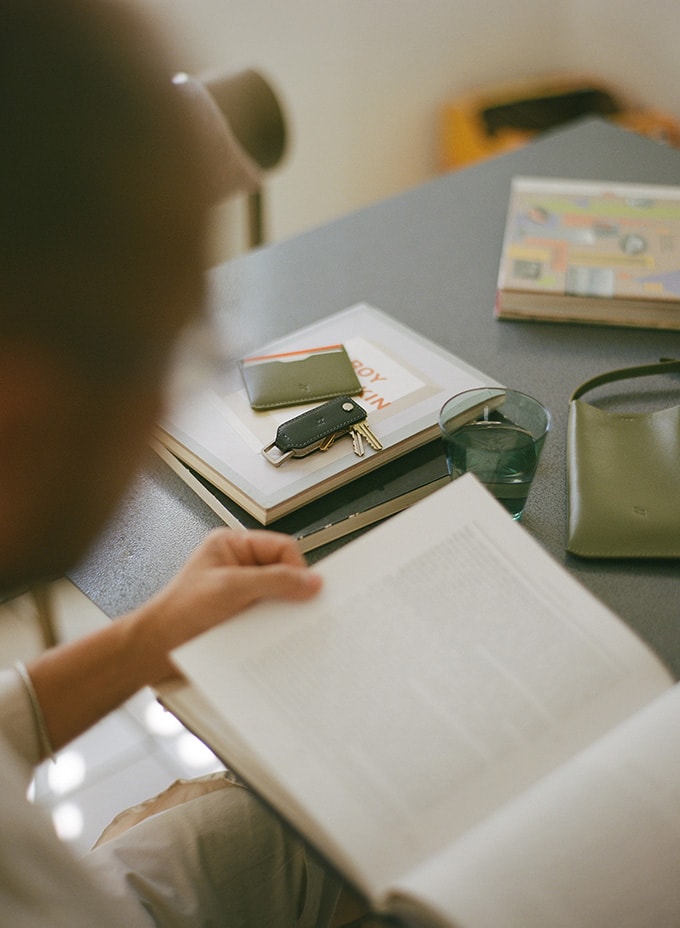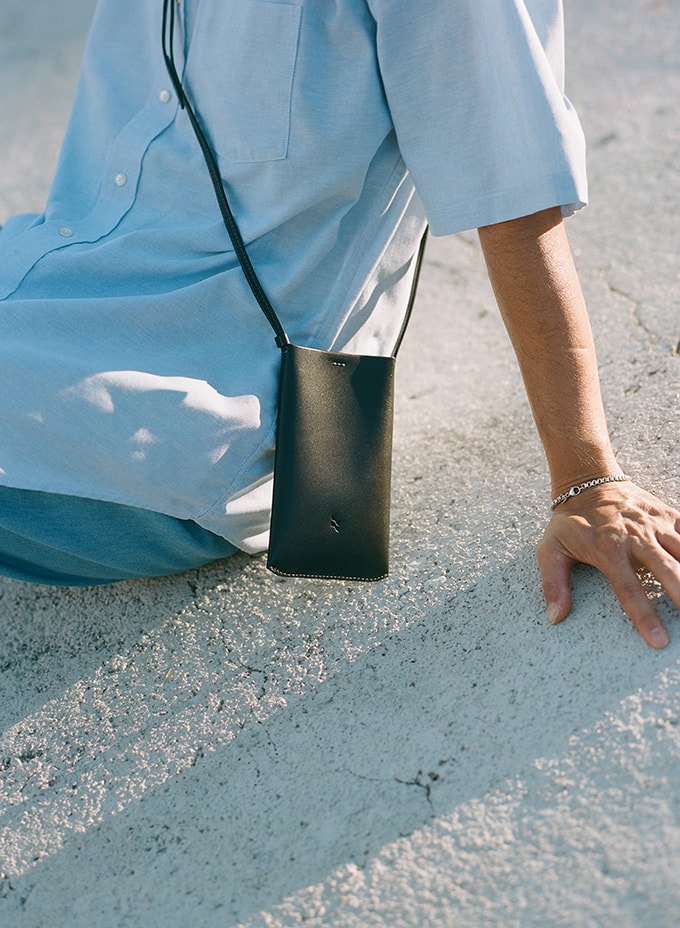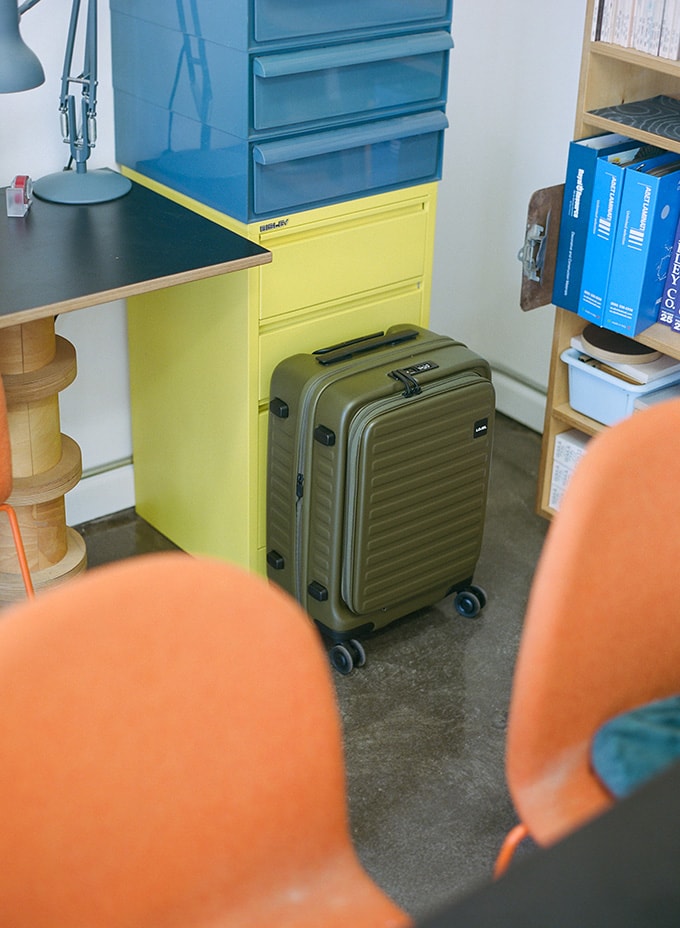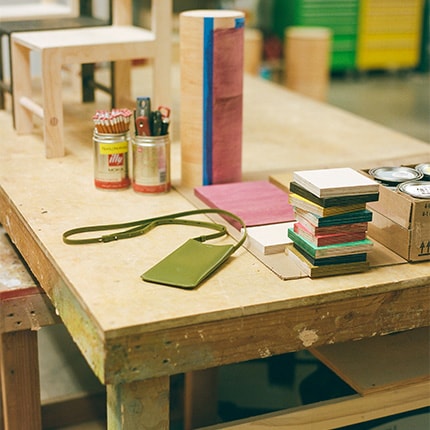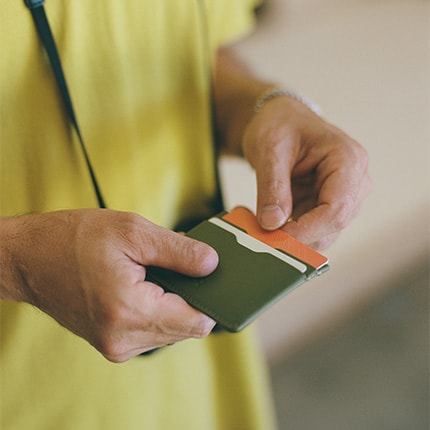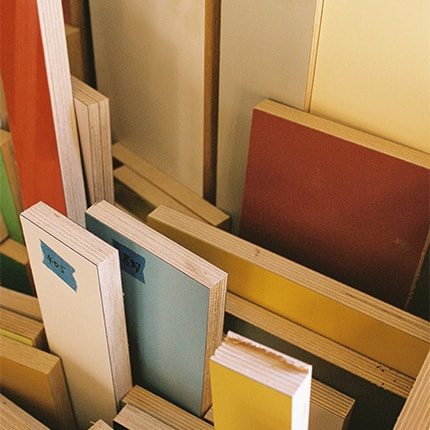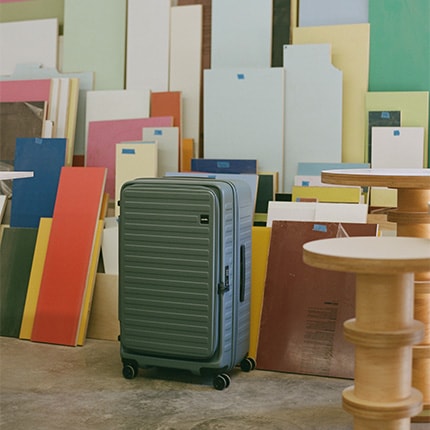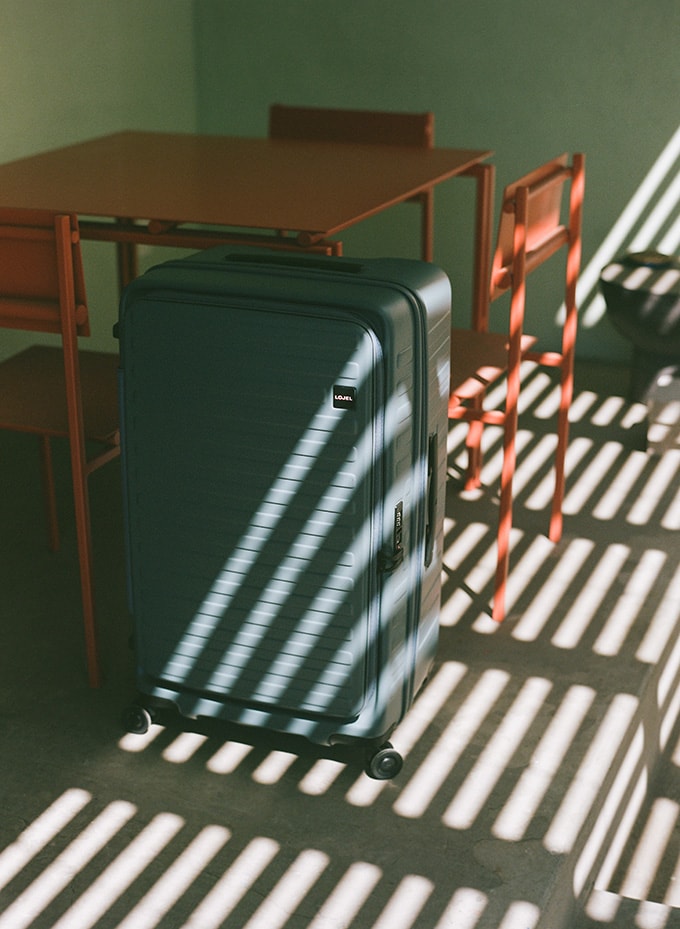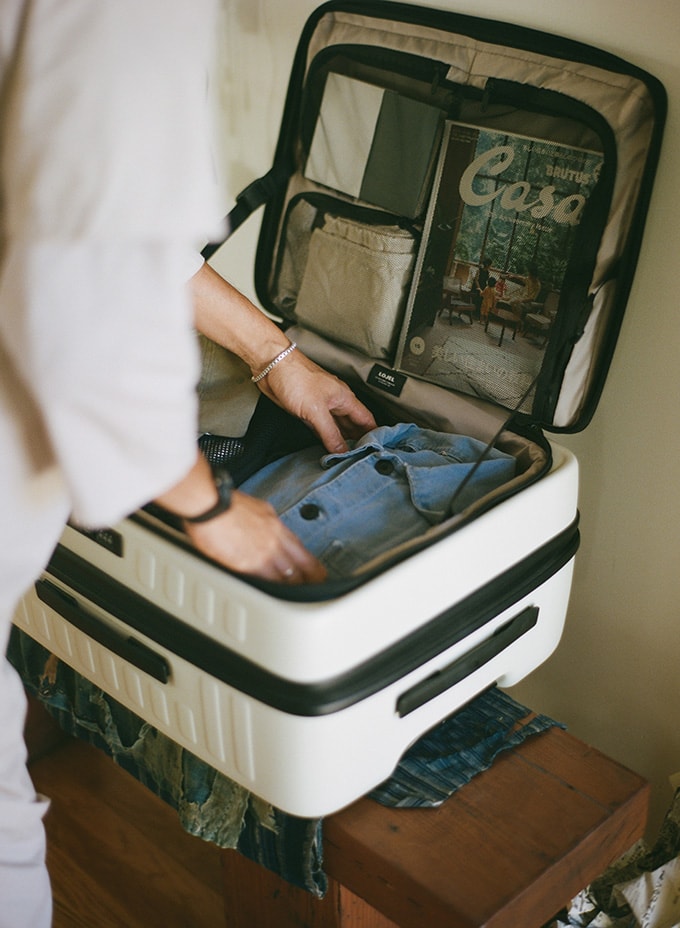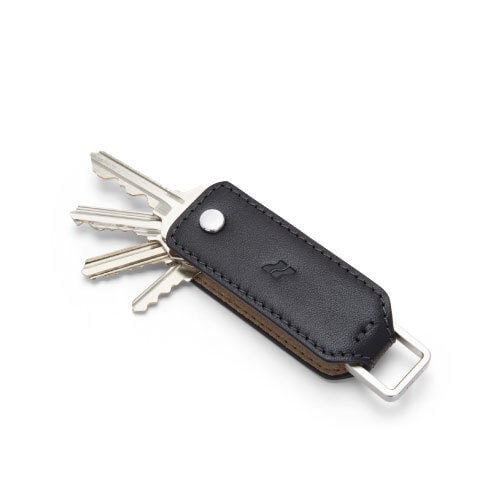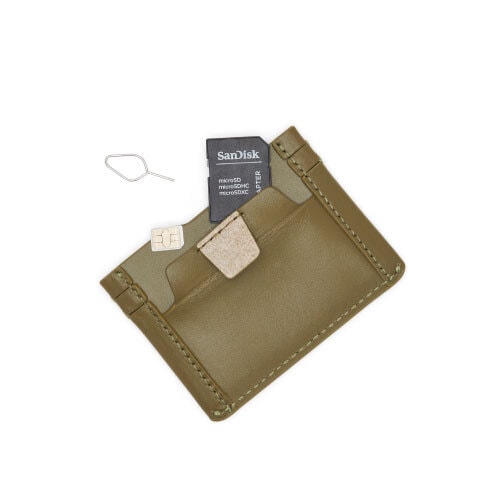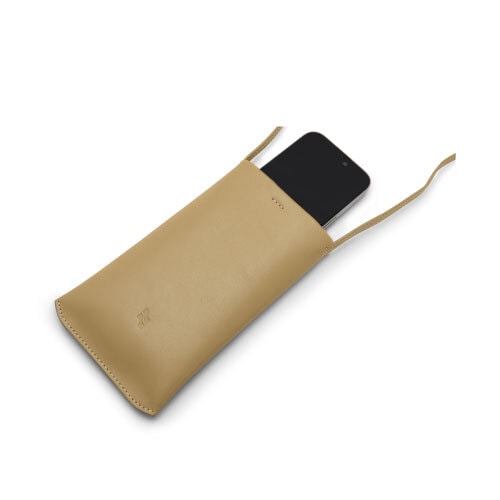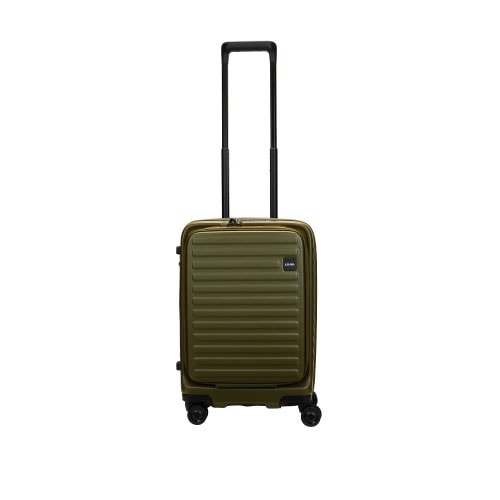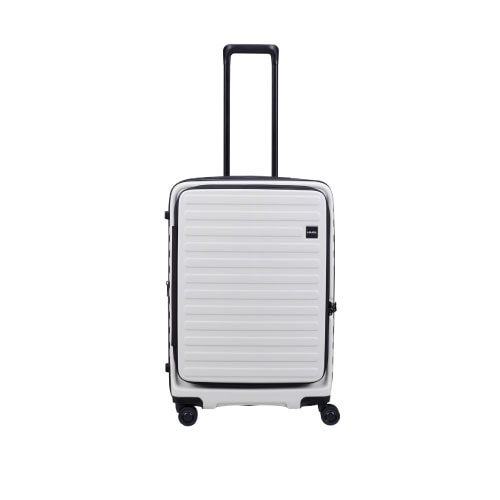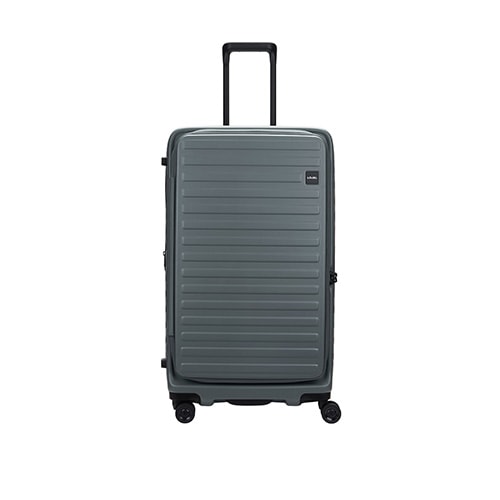Shin Okuda
Finding What Works
Shin Okuda is the founder of WAKA WAKA, a design studio in Los Angeles, California. It has remained his creative home base for handcrafting custom wood furniture since 2009.
He spoke to us about life in the city and his creative process while we took a tour of his home on LA’s east side and his new space in the bustling Atwater neighborhood.
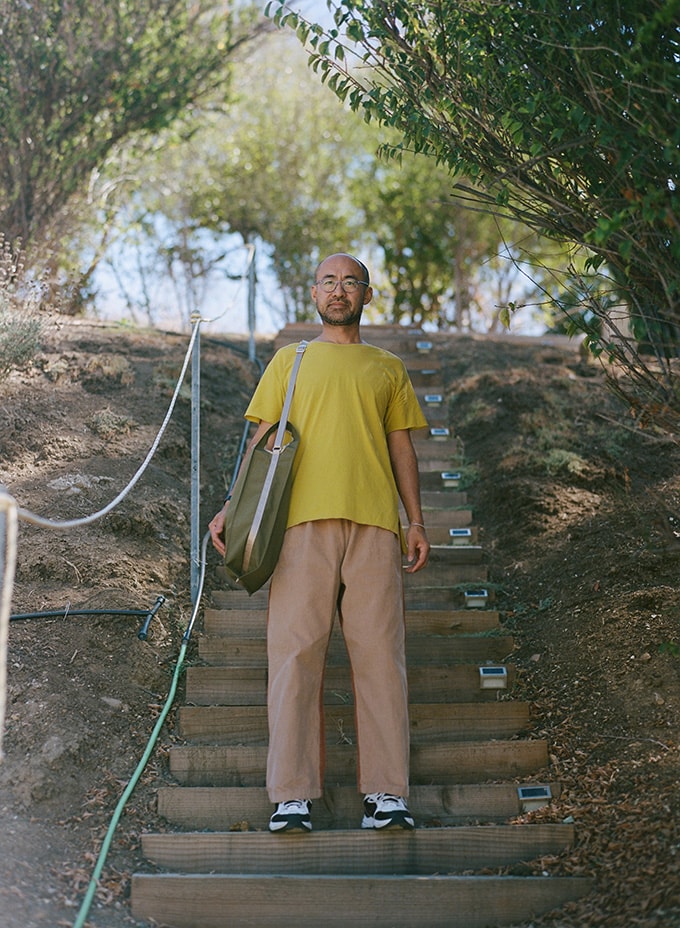
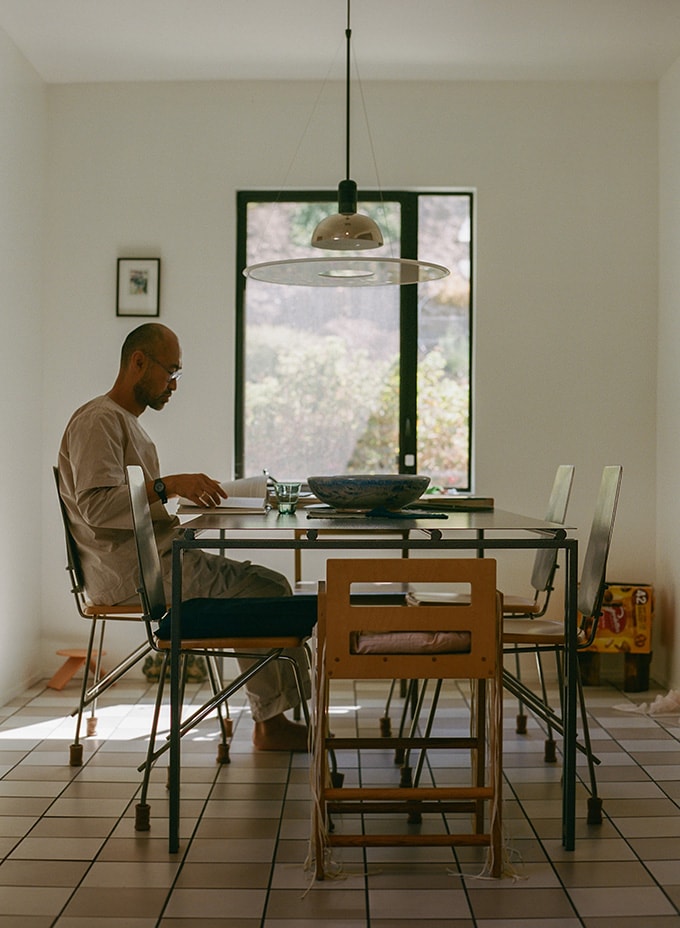
Shin catches up on some reading after breakfast.
Putting Down Roots
More than two decades after first setting foot in Los Angeles, furniture designer Shin Okuda claims that the city still surprises him. “It’s really big,” he says. “I feel like I know the good parts, and the negative parts too. It’s always changing, in good ways and bad ways.”
Hailing from Japan, Shin says that he could have established a base anywhere. However, LA is where everything ultimately took root for him, the result of life happening in tandem with ideal conditions for his line of work, including the intangibles.
“I think Los Angeles has the capacity of having people come over and still do their own thing,” Shin says. “More than everything, it’s the sense of freedom being here. I think that sense of freedom of the creative… that part is the most inspiring.”
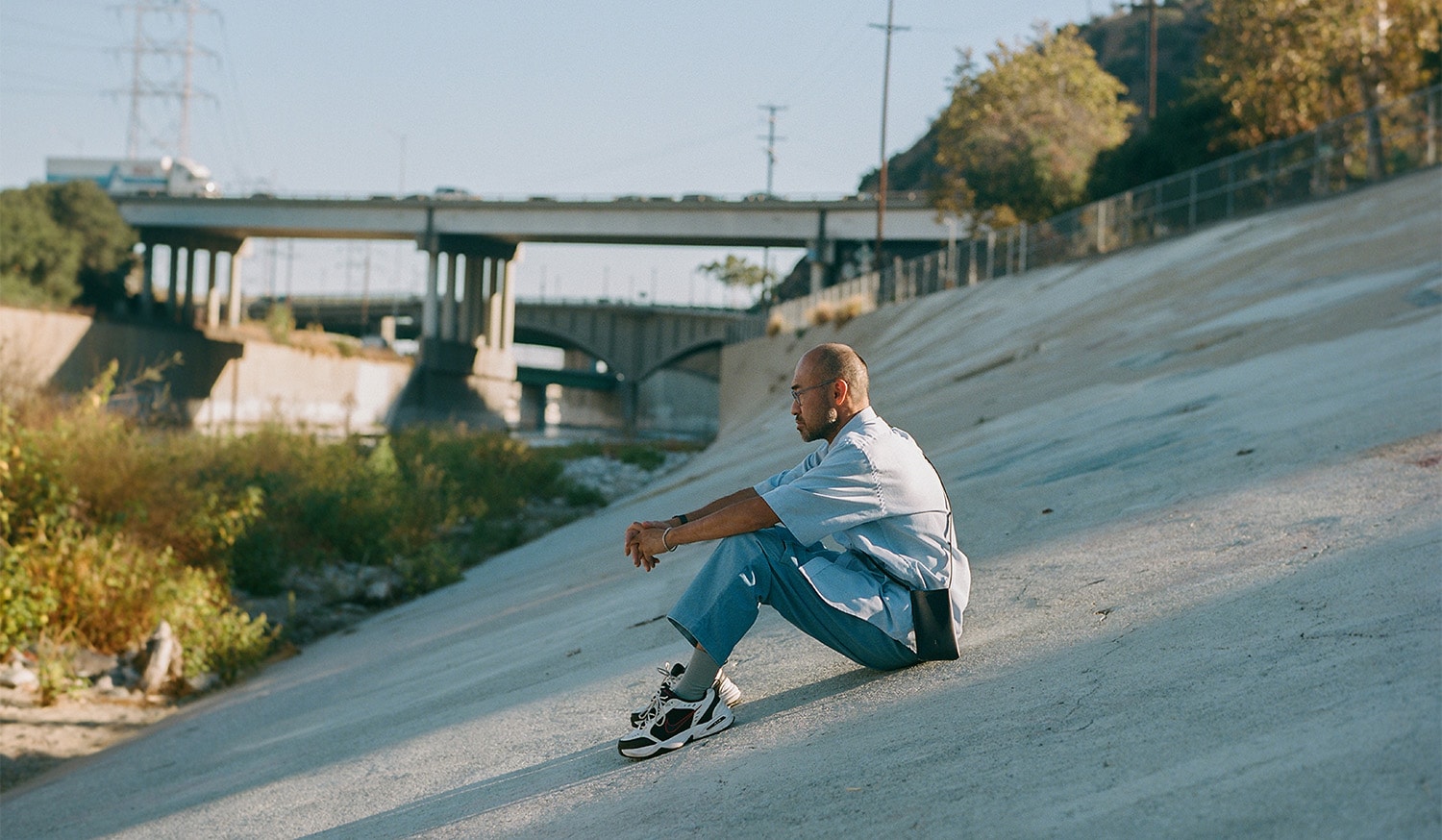
Letting thoughts flow by the LA River.
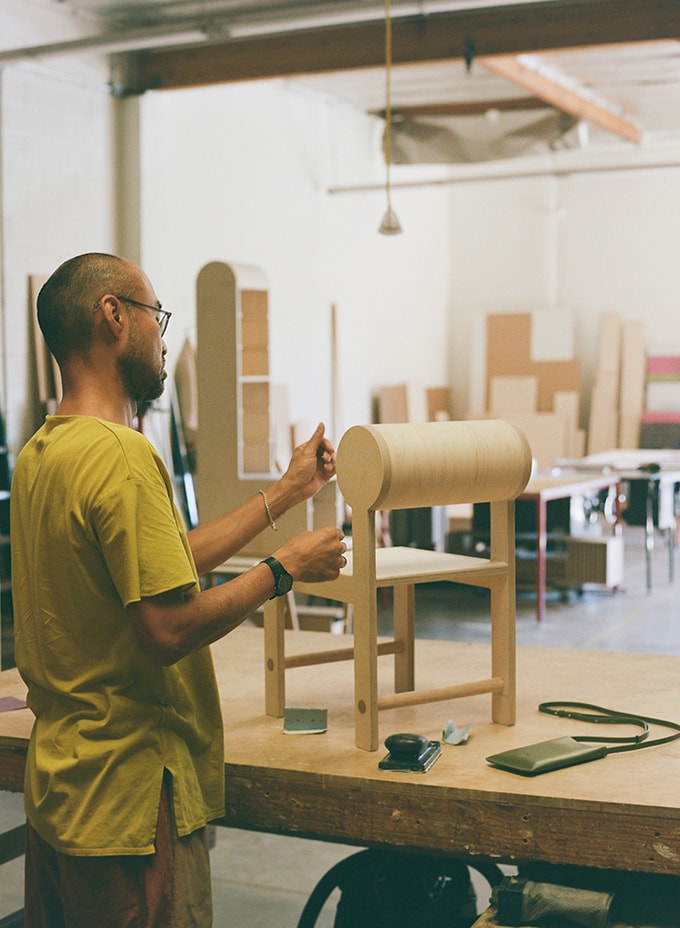
Shin works on a Cylinder Back chair.
Blank Canvas
“When I’m designing something, I have to make a decision. Which would work better?”
LA is also more welcoming of plywood—his chosen material—than Japan, where hardwood is preferred. Plywood, Shin says, is an iconic material for modern design, adding that he likes using it to make furniture because of its plainness and lack of character.
“I use Baltic birch plywood,” he shares. “Not much grain. The color is very light. The character of the wood is much less than other materials, especially hardwood.”
What seems rather unremarkable is precisely what Shin is drawn to. “For me, it’s like plain white paper. So when I make stuff, I think the design speaks more than the character of the wood.”
WAKA WAKA studio’s sizable following on social media and among creative communities owes much to Shin’s designs, characterized by curious, playful silhouettes and splashes of color. What makes this more astonishing is that Shin is, in fact, color-blind.
Adding Color
“I see colors, but I think I see differently,” Shin says. “For the first half of my career, I didn’t use any color.”
In 2014, Shin came across Abet Lamenati, an Italian laminate manufacturer popular among designers in the 1980s. He started to design patterns incorporating laminate and awakened an interest in using more shades and hues.
Today, his creations reflect this ongoing immersion into color. Shin also credits his wife, artist Kristin Dickson-Okuda, for her invaluable input. “Many colors, she picks.”
Adding fun color elements to his furniture is now a delightful part of Shin’s process. “It’s a good touch to have.”
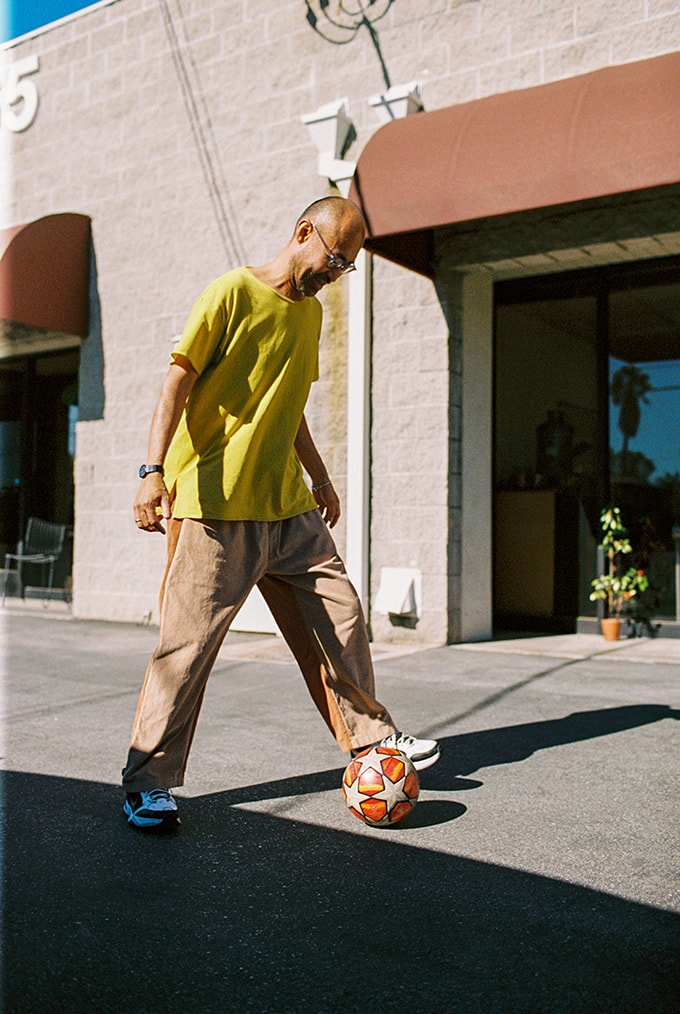
Shin turns to soccer as an after-work ritual.
Have a Routine, Then Break it
“After work, I play soccer,” Shin shares about his beloved rituals. “Before, I’d go, ‘I’m so tired today,’ but once you go, it’s the best time.”
Settling down in Los Angeles has been very rewarding for Shin’s business and family life, allowing both to flourish. But to stay productive in his field means nourishing the creative process while adhering to a schedule—two things that don’t necessarily go hand in hand.
“When you’re in a daily routine, you don’t really see much of anything new,” he says. “So I have to make it more interesting.”
Welcome detours have become part of his drive through LA’s inescapable and dispiriting traffic. “I try to take different routes here and there,” Shin says. Cycling through different playlists also helps. “I go through phases, all different types of music.”
When the city feels too familiar, travel offers Shin opportunities to find fresh inspiration. “Once you go outside of your comfort zone, you start seeing more. Like, ‘whoa, this doorknob is crazy,’ or the little things that you don’t usually pay attention to in your daily life. Traveling is good… to be inspired.”

A familiar scene at Frogtown.
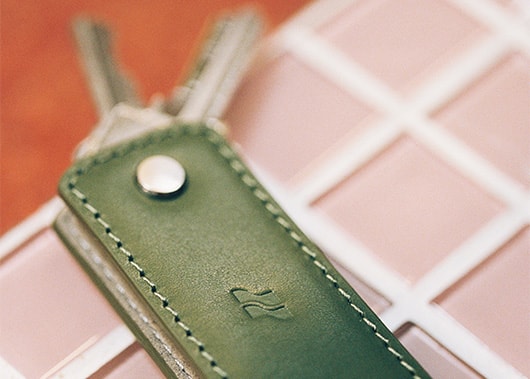
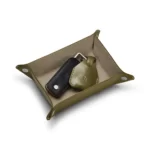 Iloj
Iloj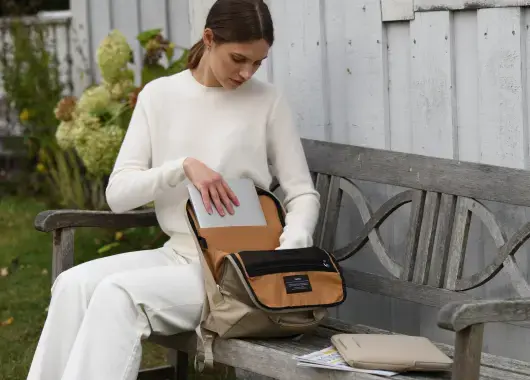
 Eblo
Eblo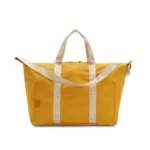 Niru
Niru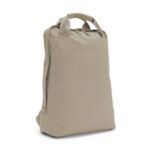 Semo
Semo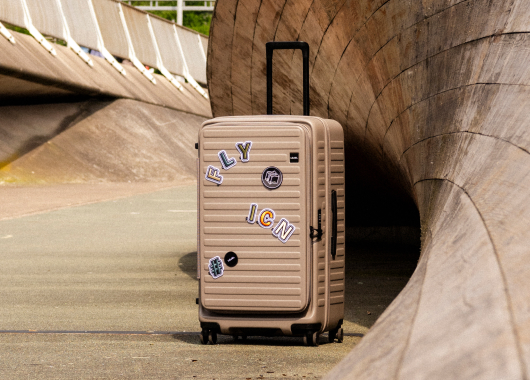
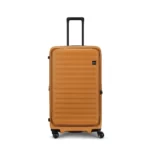 Cubo | Easy Packing
Cubo | Easy Packing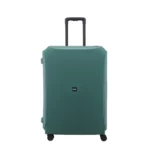 Voja | Zipperless
Voja | Zipperless